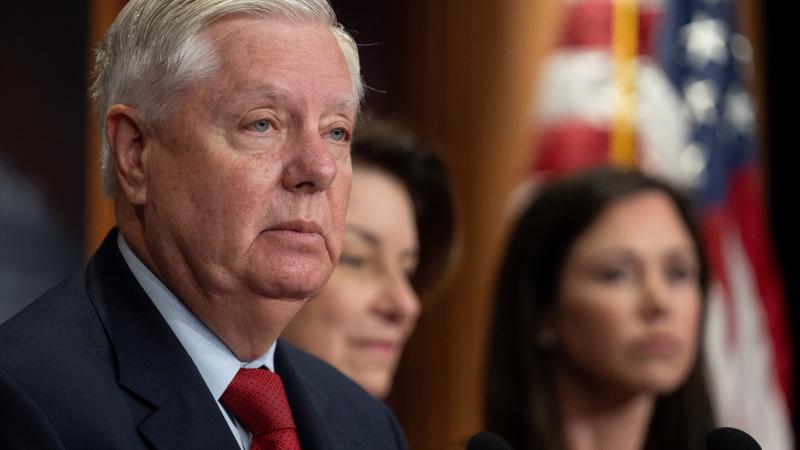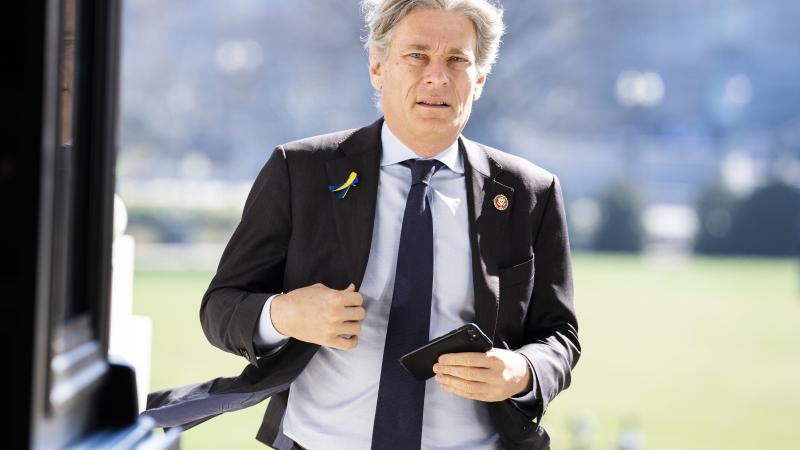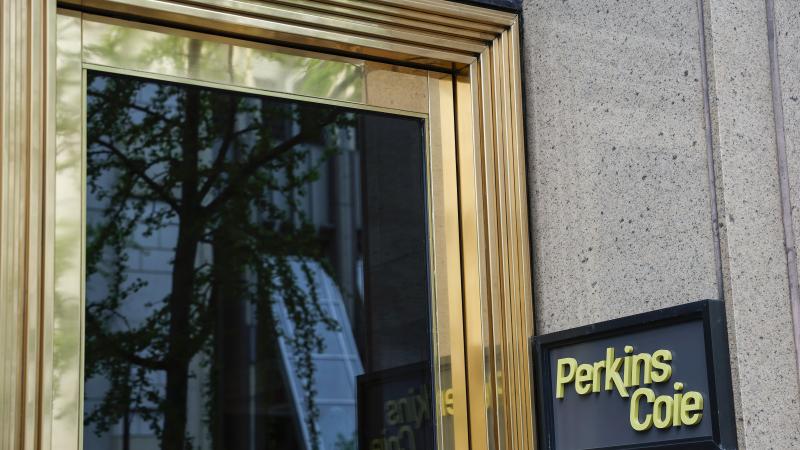A tale of two systems: How China escaped economic paralysis afflicting the West
The egalitarian ethic of the Western democracies required that the pain and sacrifice of lockdowns be shared by all.
It has been estimated that a third of the world’s population has now endured some form of lockdown in the battle to contain the spread of COVID-19.
Just a few months ago, that would have seemed impossible, and for years to come, questions will surely be asked about how we got to this point: Was it justified or was it an overreaction?
What is clear is that no one yet knows how or when it is going to end. The U.S. is currently working out how to lift the restrictions that have affected 95% of its population and sent the nation’s economy into a grievous tailspin.
Meanwhile, China — where both the disease and large-scale lockdowns originated — surprisingly avoided nationwide closures. Its leaders focused instead on the cities where the disease was rampant. Life and jobs elsewhere in the huge country were less affected.
The draconian measures were enforced initially in Hubei Province, especially the city of Wuhan, where the contagion began. As it spread further, a total of 16 cities went into lockdown.
That meant around 60 million Chinese people were interned, which is an historic high, but that was out of a population of 1.4 billion. The economy certainly took a hit, but it wasn’t paralyzed, unlike some of its competitors.
When this coronavirus strain spread to Italy, it too imposed restrictions around its epicenter in the northern regions of Lombardy and Tuscany.
But on March 9, as the death toll hit 463, Prime Minister Giuseppe Conte extended emergency legislation across the nation. His “holistic” approach then became the model for all subsequent countries that went into lockdown.
The broad reason given was to prevent contagion, but there was also a realization that in a free country it is not feasible to selectively impose extreme measures on a particular city or region in the way that communist China did.
In most democracies, one rule for everyone is the administrative and legal norm. The U.S. is slightly different due to its balance between federal and state governance.
President Emmanuel Macron of France was constitutionally able to follow Italy and announced on March 16, “We are in a health war.” One week later it was the British government’s turn.
Boris Johnson stated that the extreme measures were necessary or “the NHS (National Health Service) will be unable to handle it.” He appealed to the British sense of fair play rather than simply enforcing state edicts.
Adopting this “we are all in it together” approach has also helped to avoid civil unrest thus far in a nation suffering a COVID-19 death rate per million people that is almost twice the U.S. rate and more than four times that of Germany.
(Macron, it now appears, may not escape so easily.)
The Chinese alternative of using the army to enforce a cordon-sanitaire around fellow citizens, and watching them either die from the disease or get over it, would have been unacceptable to many elsewhere.
World Health Organization (WHO) Director-General Tedros Adhanom Ghebreyesus has praised “the advantage of China’s system,” but thankfully the army part hasn’t caught on in the West.
It would have been like closing the bulkheads to prevent a holed ship from sinking, knowing there are still many sailors on the other side. Instead, the economies were allowed to sink and the virus to spread, but a moral catastrophe was avoided.
However, even if Italy and others had followed China’s more ruthless approach, the disease would still have spread, as the “water” was also coming in through the ship’s deck. Unrestricted travel from diseased cities still continues in many countries, in keeping with controversial WHO guidance.
America’s turn to face lockdown, was also a huge personal test for President Trump — not quite Abraham being asked to sacrifice his son, but getting there.
No matter what his adversaries have thrown at him since he won the Republican nomination in 2016, he could always point to America’s roaring economy and record employment levels.
Then COVID-19 forced him to press the stop button on all of that. With no celestial being there to hold back his hand, he now presides over idle businesses, a crashed stock market, and record unemployment — all in an election year.
In slamming on the economic brakes, Trump would have known that it would cost him much of his personal fortune. It is estimated he lost around a billion dollars in the first month — a third of his wealth, but he did it anyway.
Having been impeached not long ago by the Democrat-held House of Representatives for inquiring into alleged Biden family corruption in the Ukraine, Trump now faces what he regards as his most difficult challenge ever: when to reopen the economy. He has commented, “I only hope to God that it's the right decision.”
Because of the underlying strength of the American economy in the Trump years , it is one of the best placed nations to make a “V shaped recovery” — quickly into recession and quickly out.
The rest of the world is depending on it.
















